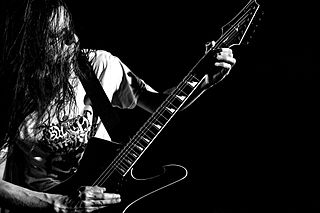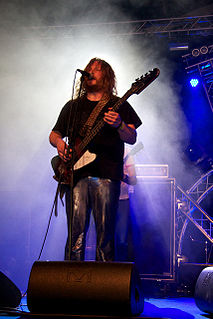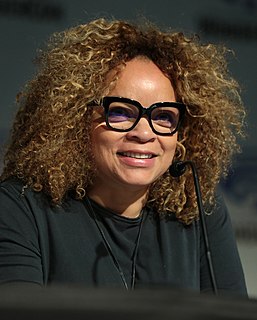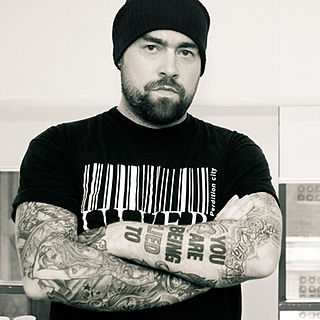A Quote by Colin Marston
I think Americans such as Leviathan have done a lot to expand the sonic palette of black metal.
Related Quotes
When you talk about the security and safety of average Americans it doesn't do average Americans a lot of good to expand America's military footprint if the daily lives of average Americans are being undermined by the fact that we're no longer able to compete in a global economy. I think that's the kind of human security we have to pay more attention to.
My biggest inspiration is black America and what they've done in the arts. I have always felt like an outsider in America, and what black Americans have done to add their chapter to this book called the American dream, and to be so unapologetic and true, and have added so much to art and culture in the world. Some of the greatest inspirations in my life have been black Americans. And I just wanted to say thank you. They've been a huge inspiration, to myself and this country.
The color palette grew as the story progressed. The 1920's sharecroppers were muted and neutrals, the 30's and 40's introduced burgundy to the neutral palette. The 1950's introduced green, black and denim blue, the 1960's introduced orange and heavier more saturated color, the 1970's introduced more primaries, and the fashion palette became more recognizable as a contemporary one from there.






























